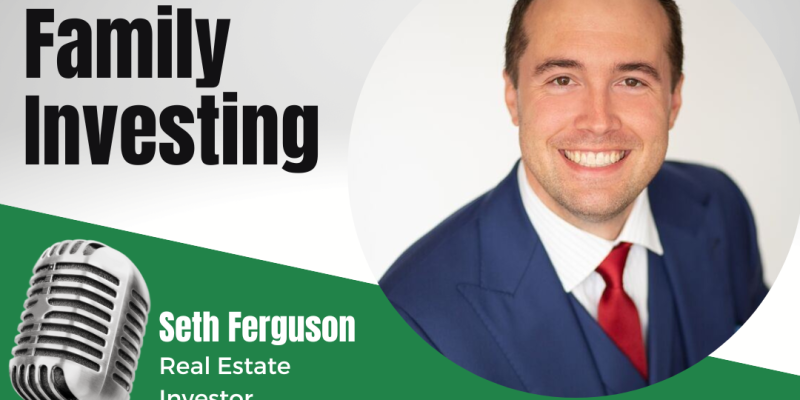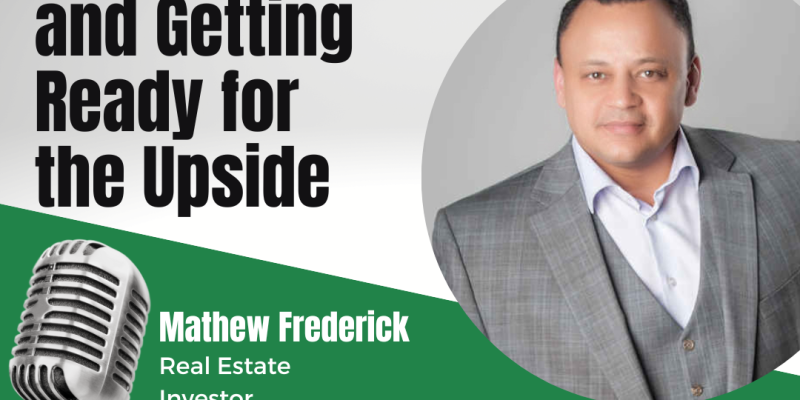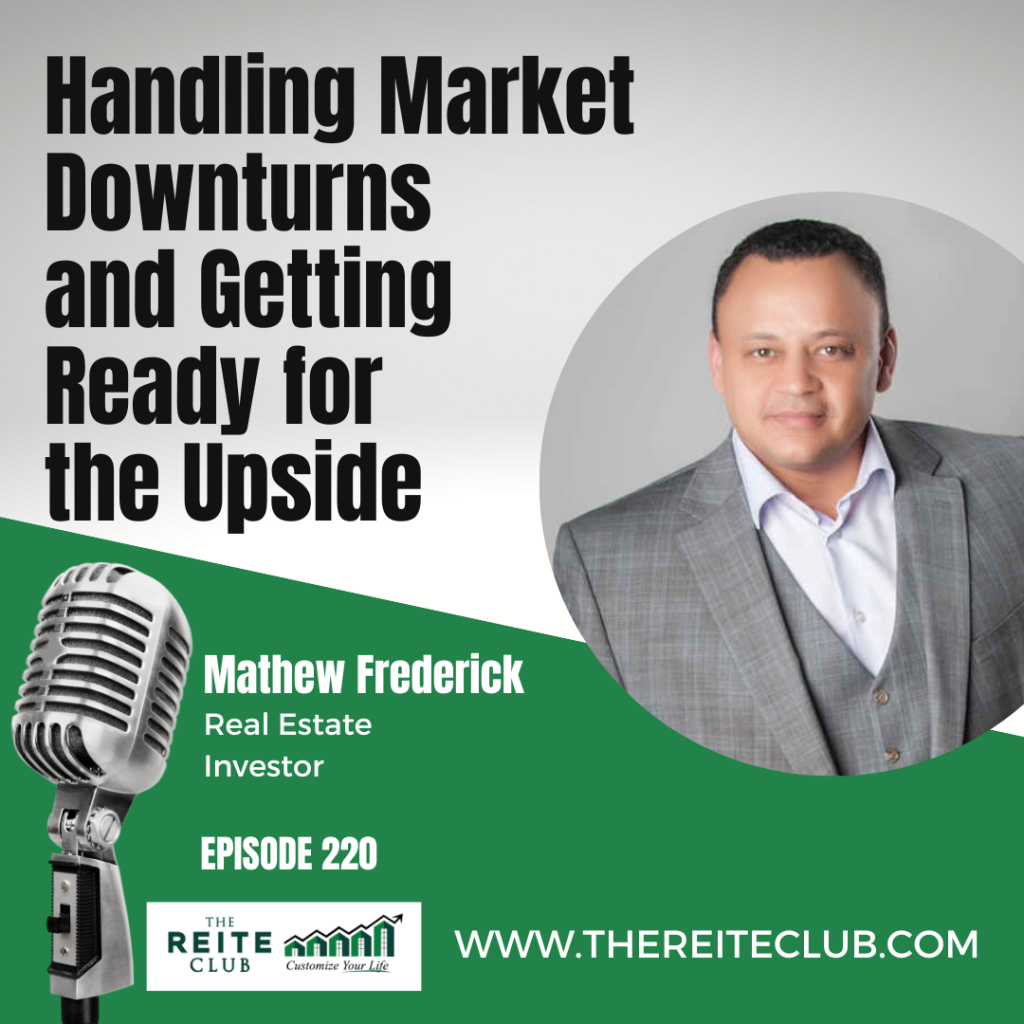Podcast: Play in new window | Download | Embed
Subscribe: Apple Podcasts | Spotify | Android | TuneIn | RSS | More
The biggest fear that real estate investors have in getting into larger residential units is that they will be intimidated by the size of the investment. However, our guest this week, Seth Ferguson reassures us that as long as we have a repeatable system in place, the intimidation factor goes away.
He talks about his journey as a real estate investor, including the advice he received to invest in bigger deals. He attributes his success to his boldness, which has allowed him to do things that others may be afraid to do.
Seth is also the founder of The Multifamily Conference – the crazy guy who put together the first event in the middle of a global shutdown because a) he is stubborn and b) he is a firm believer that face-to-face networking is the foundation of real estate.
To get your ticket to this amazing event order your seat here
https://multifamilyconference.ca/ref/theREITEclub/
He specializes in multifamily real estate investing. In this week’s podcast episode, he discusses the benefits of investing in larger multifamily units as opposed to smaller units.

Larger deals are less risky and better because of 3 factors;
- Better debt options
- Increased cash flow
- Economies of scale
He discusses the value add strategy for commercial real estate investing. This strategy involves buying an underperforming asset, making improvements to it, and then selling it.
It is possible to compete against the big guys when buying larger apartment buildings, but it depends on the niche that the investor is in. It is also possible to build a portfolio of smaller buildings that do well.
Seth also mentions that syndication is a good option for investors looking to acquire larger buildings. Syndication is a way for passive investors to pool their money together and invest it with a general partner, who then manages the deal to earn a return. He notes that the syndication model offers many advantages over traditional real estate investing, including the ability to participate in larger deals and the protection of passive investors’ initial capital.
He also outlines three steps that someone interested in large multifamily real estate investing should take. They should;
- Determine what type of portfolio they want to build and research investment markets.
- Assemble a team of experts and figure out how to structure deals and raise money.
- Underwrite deals and create a deal flow.
It can take a long time to go from deciding to invest in real estate to actually making an offer on a multi-family property, depending on various factors. Seth Ferguson teaches people how to successfully invest in their first apartment deal. He says that the first deal is always the hardest, but that it gets easier with experience.
A 14-year real estate veteran, Seth is the host of a cable TV real estate show, the host of a real estate investing podcast, and the founder of Moguls Mastermind: an invite-only collective of the top real estate thought leaders from across North America.
He is the CEO of the real estate investment company Multifamily Real Estate Investments Inc which provides investment opportunities for high-net-worth individuals by acquiring and improving underperforming apartment buildings.
Get in touch with Seth;
seth@sethferguson.org
www.SethFerguson.org
https://www.instagram.com/sethfergusonofficial
https://www.facebook.com/sethfergusonrealestate/
This episode has been brought to you in part by
BM Select/Butler Mortgage – https://bmselect.ca/








